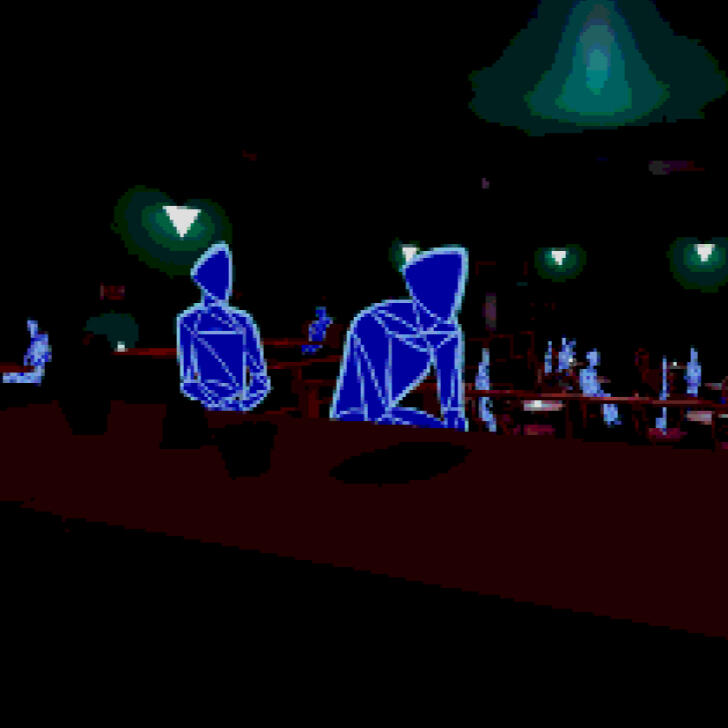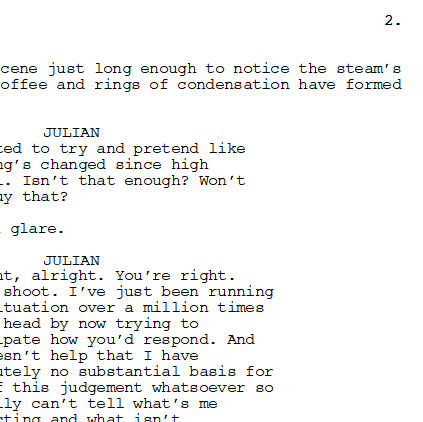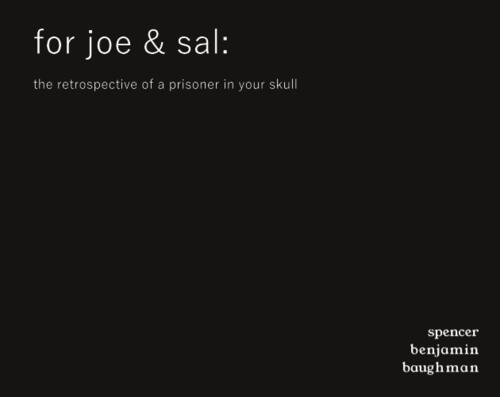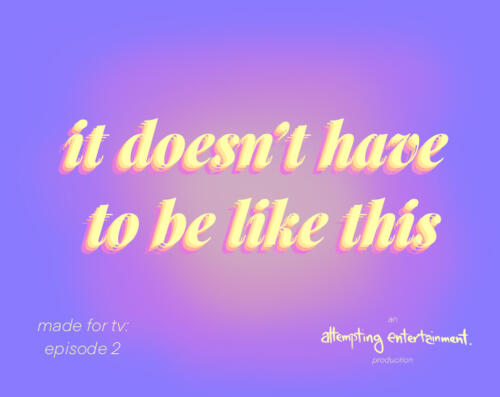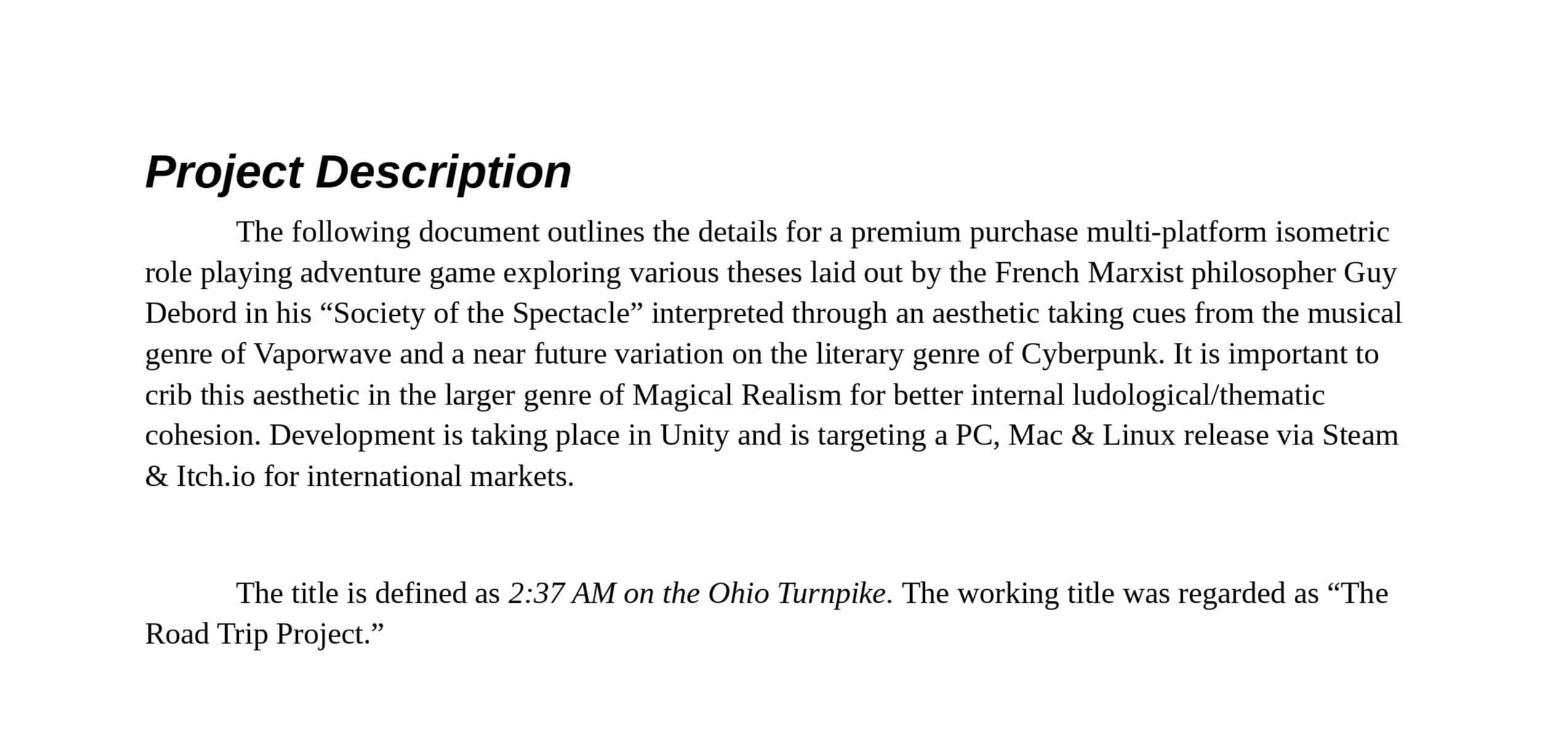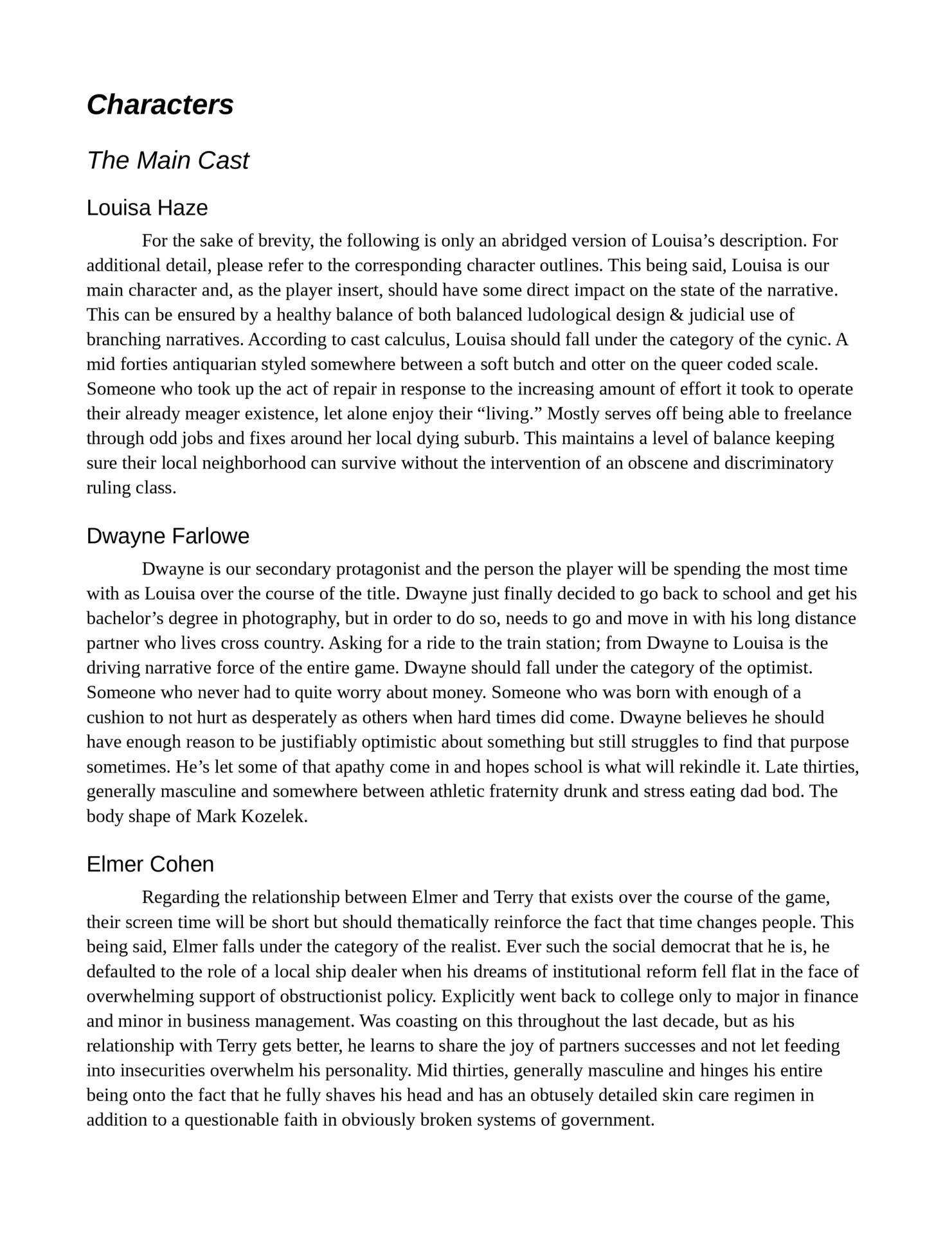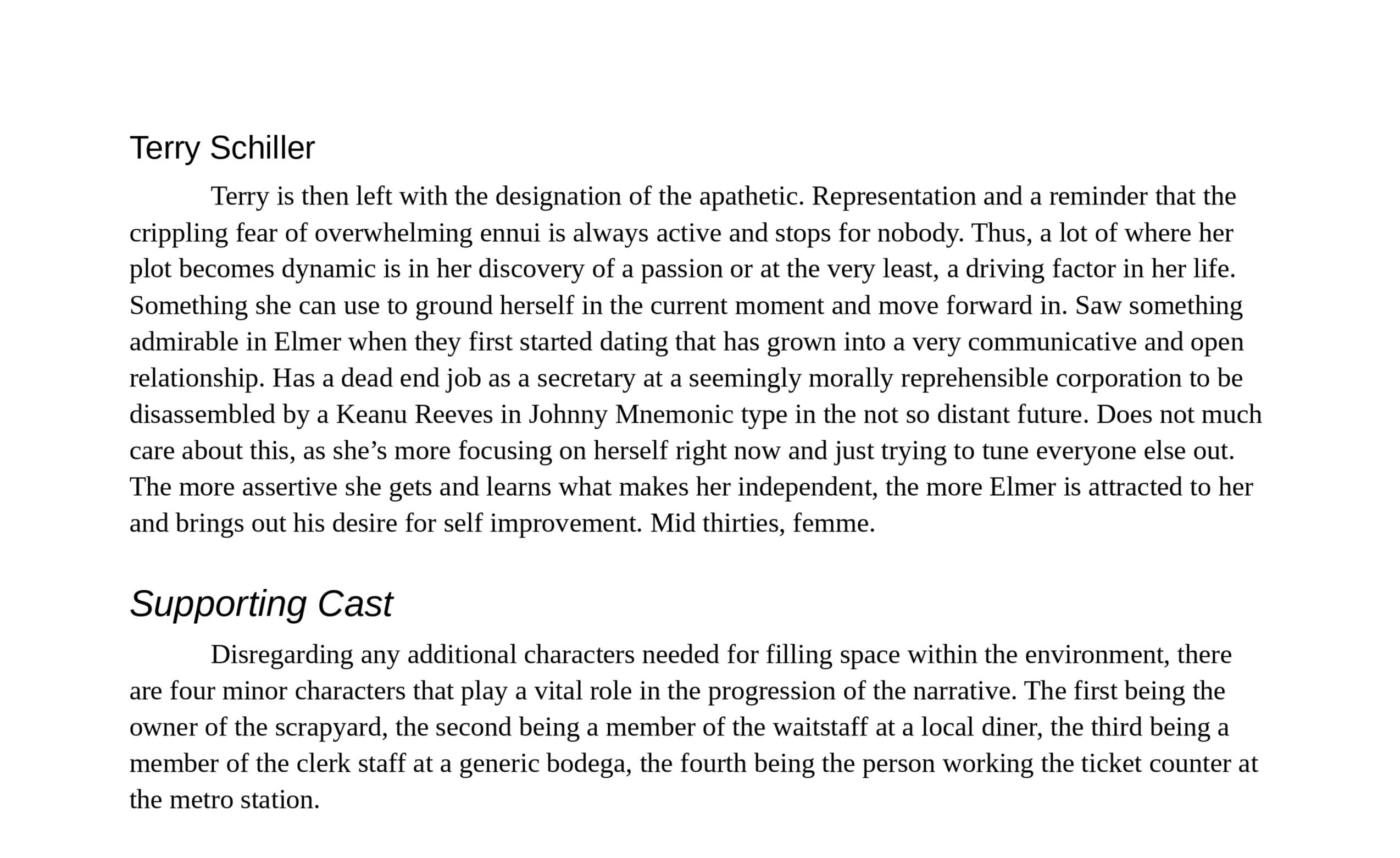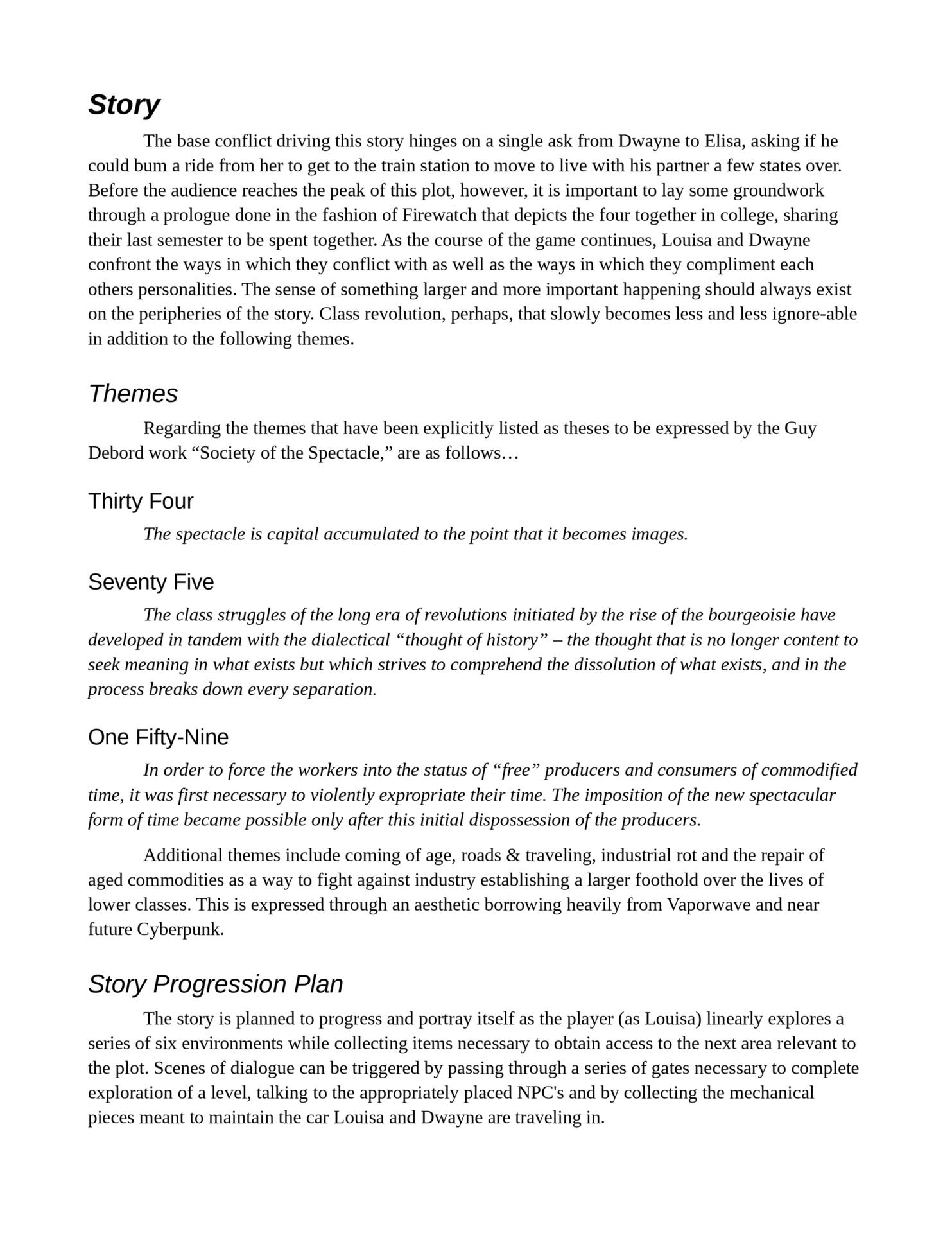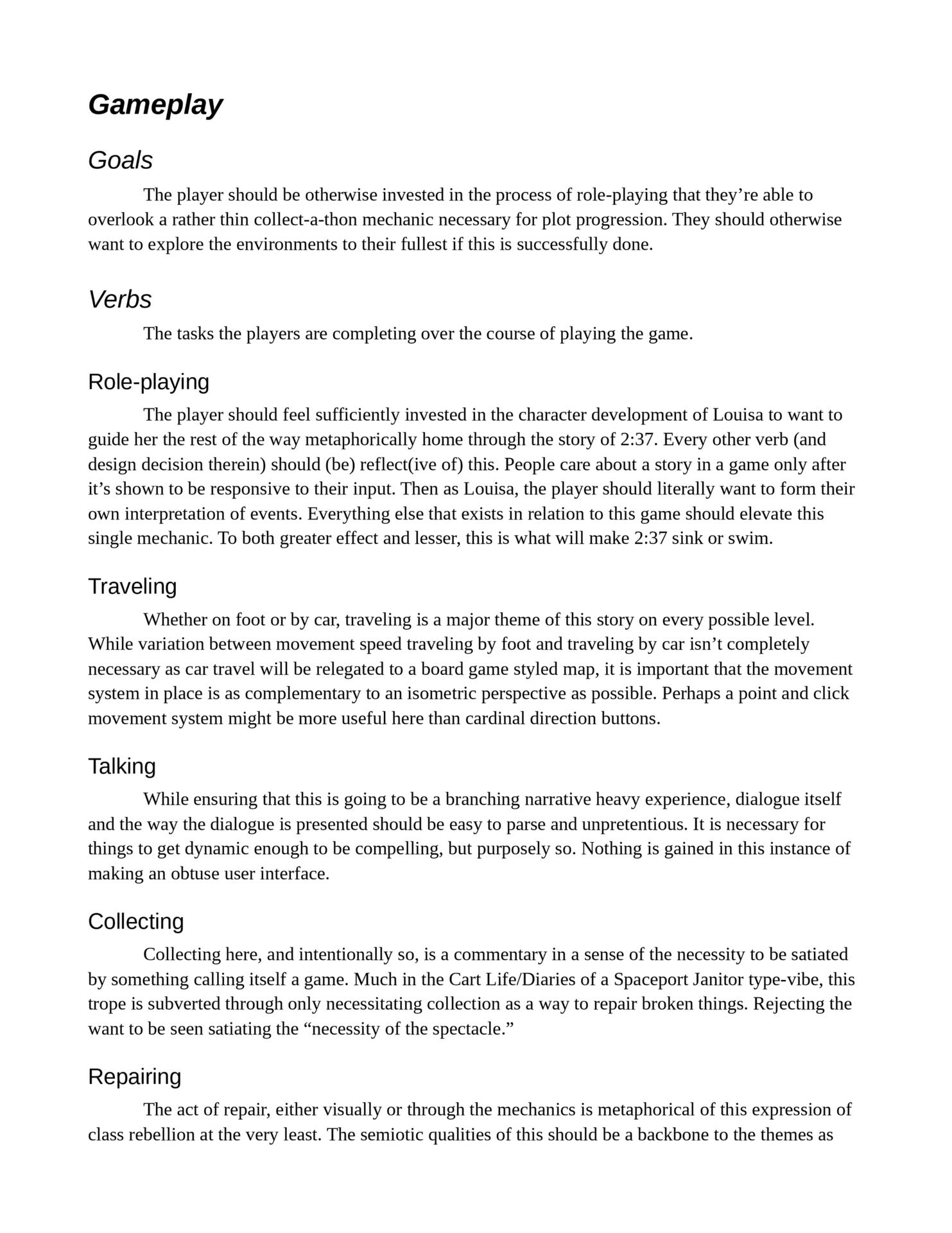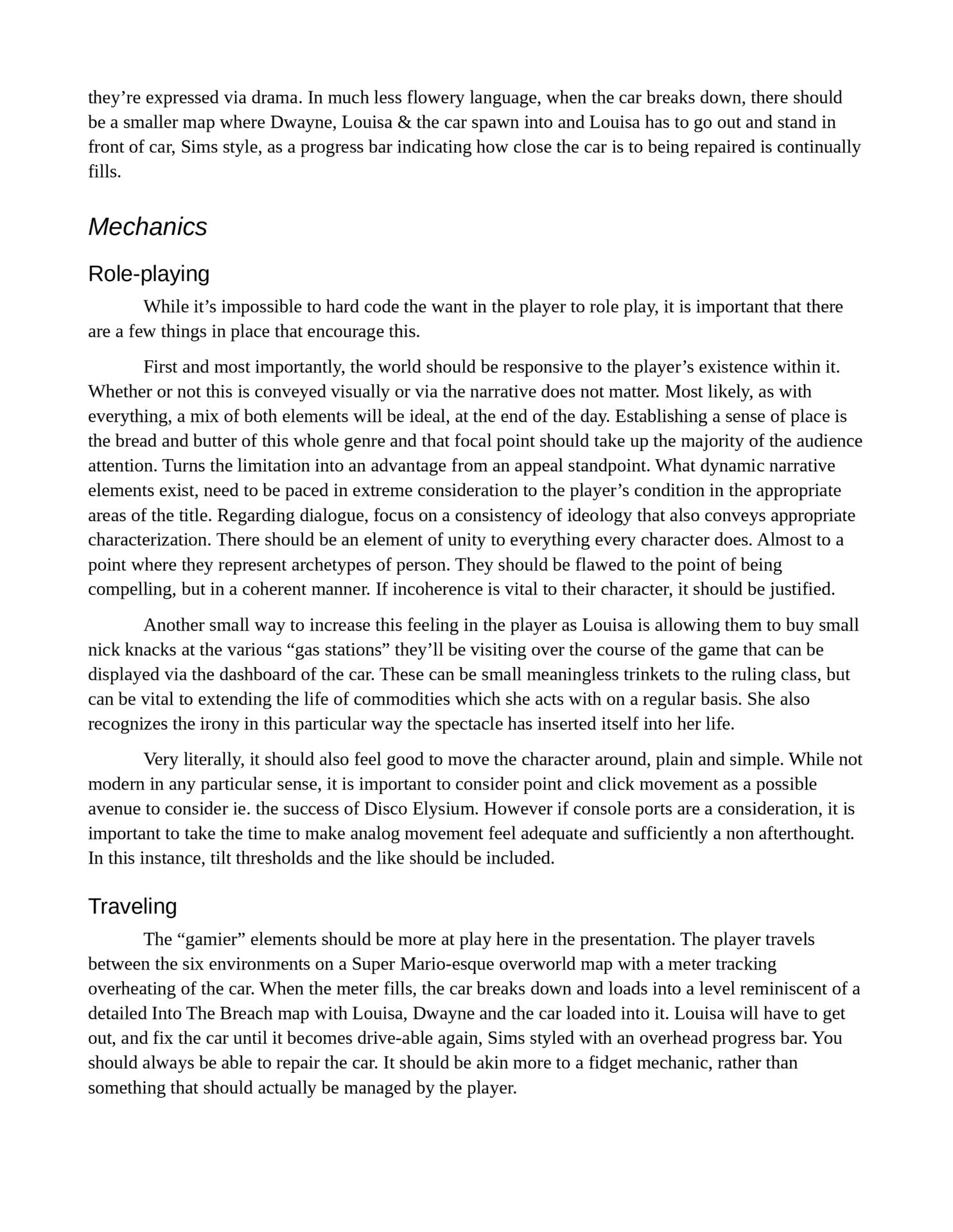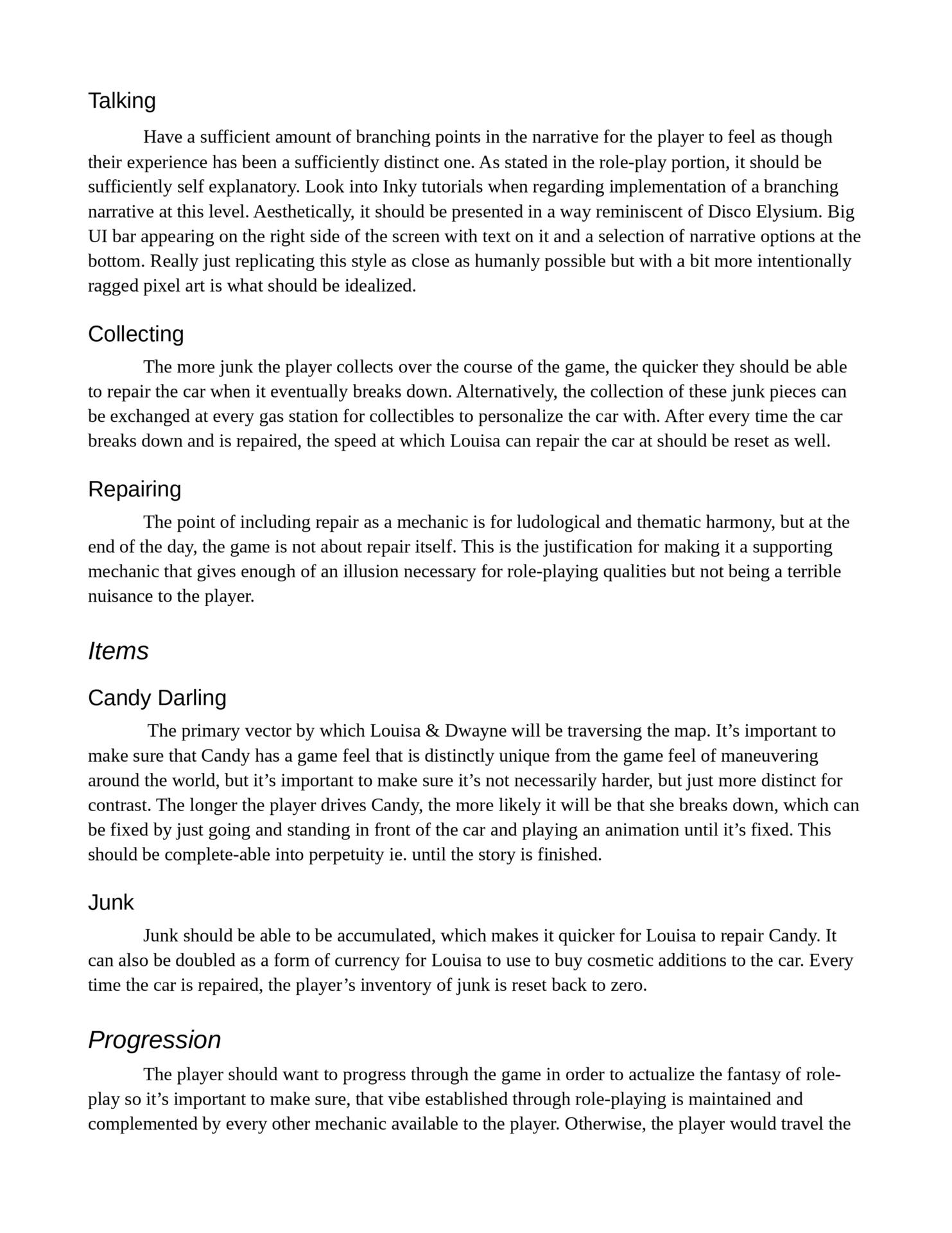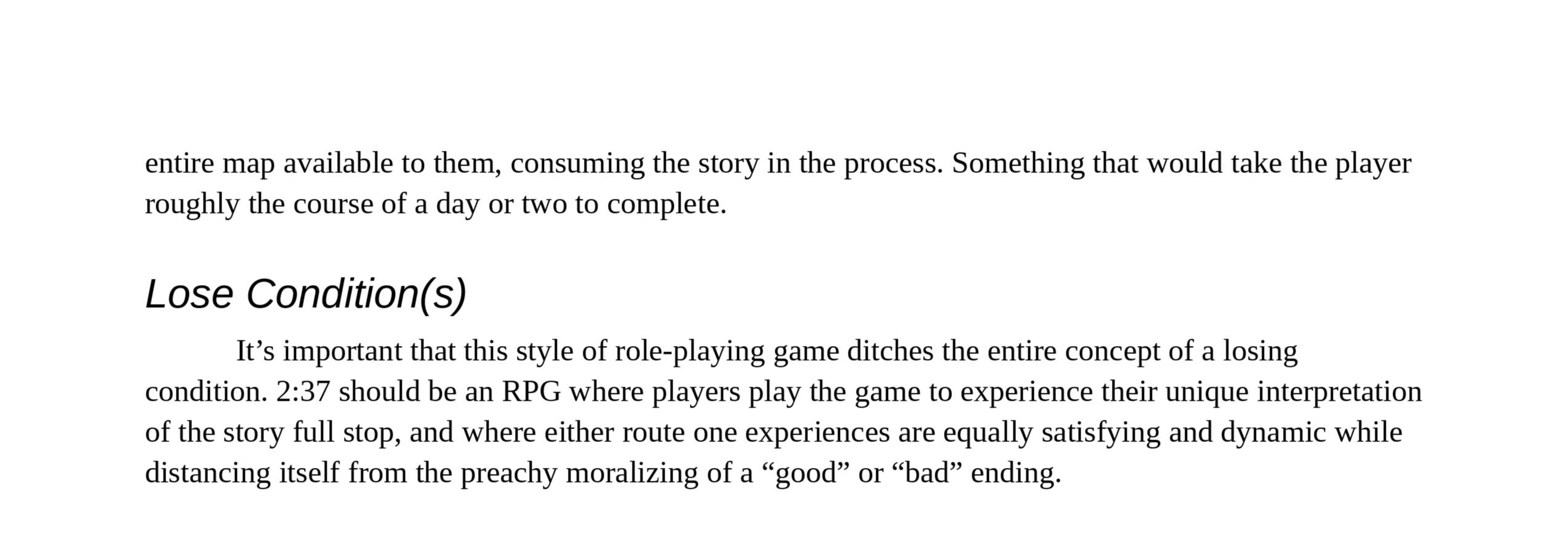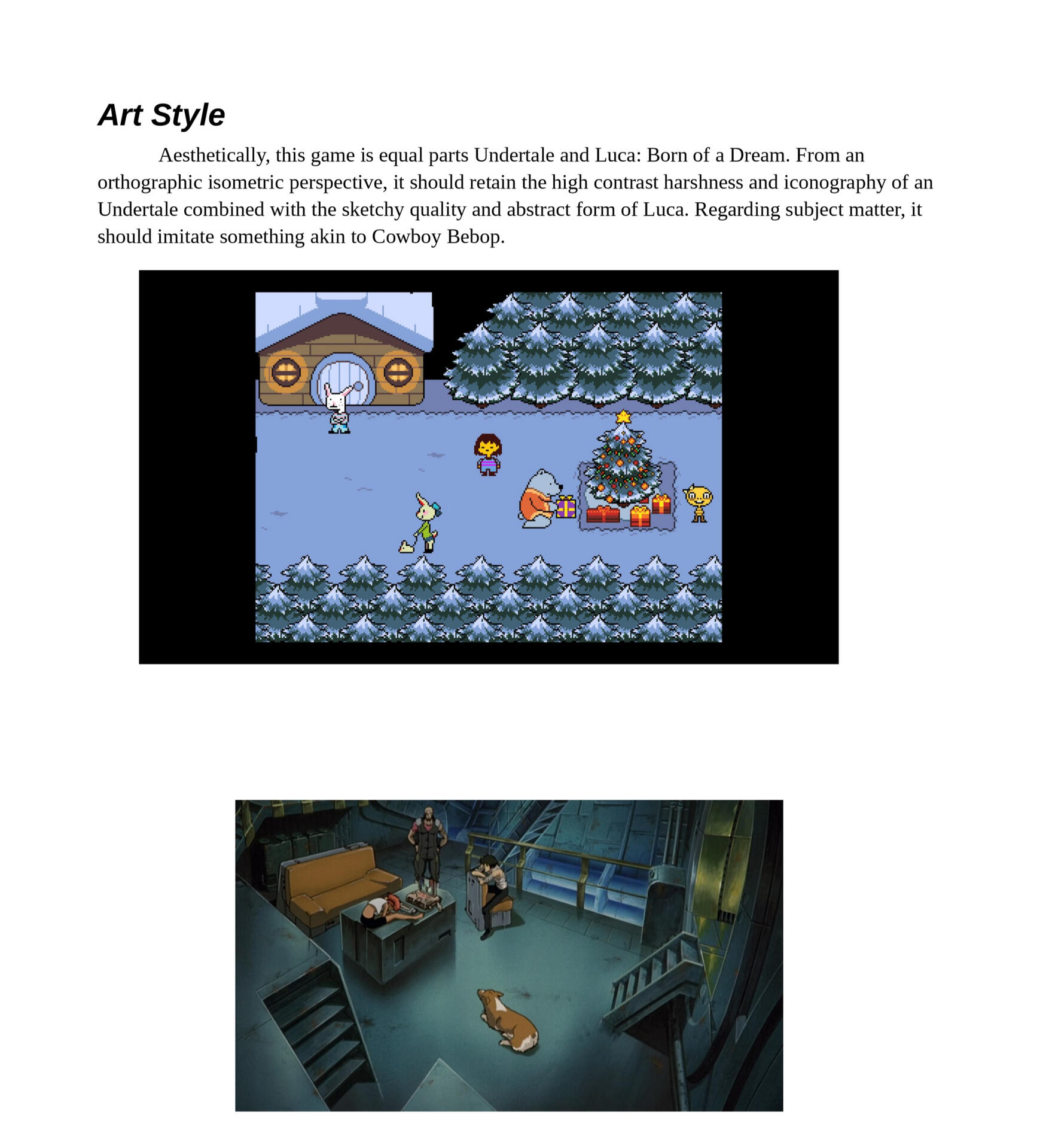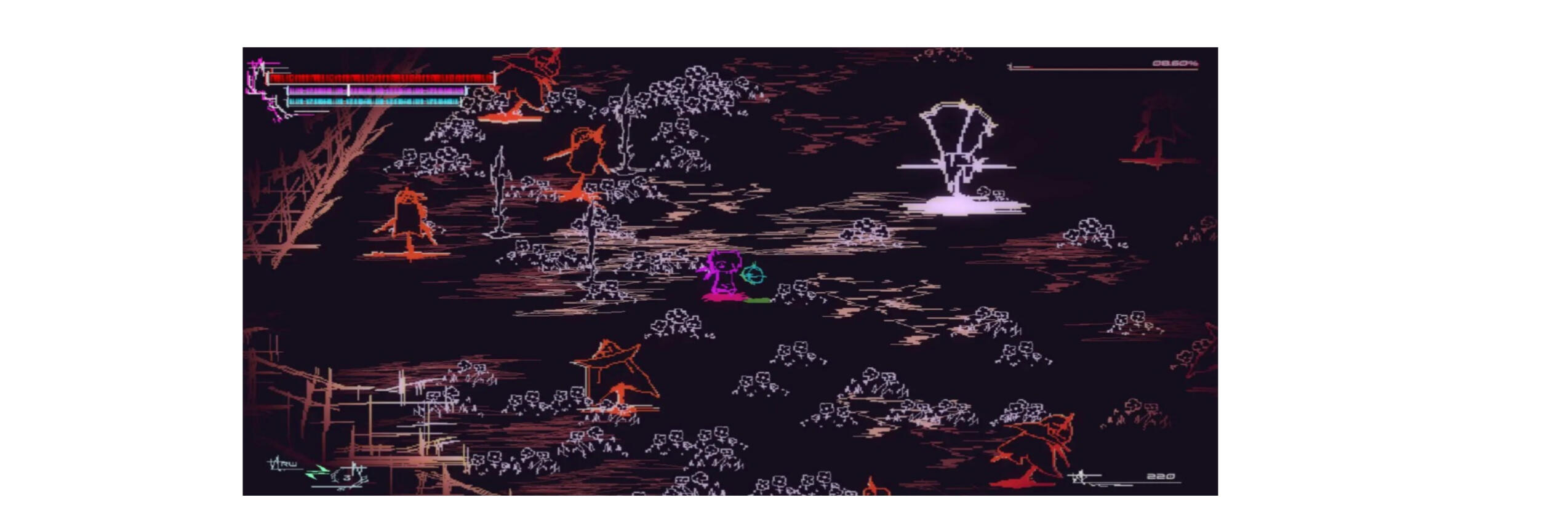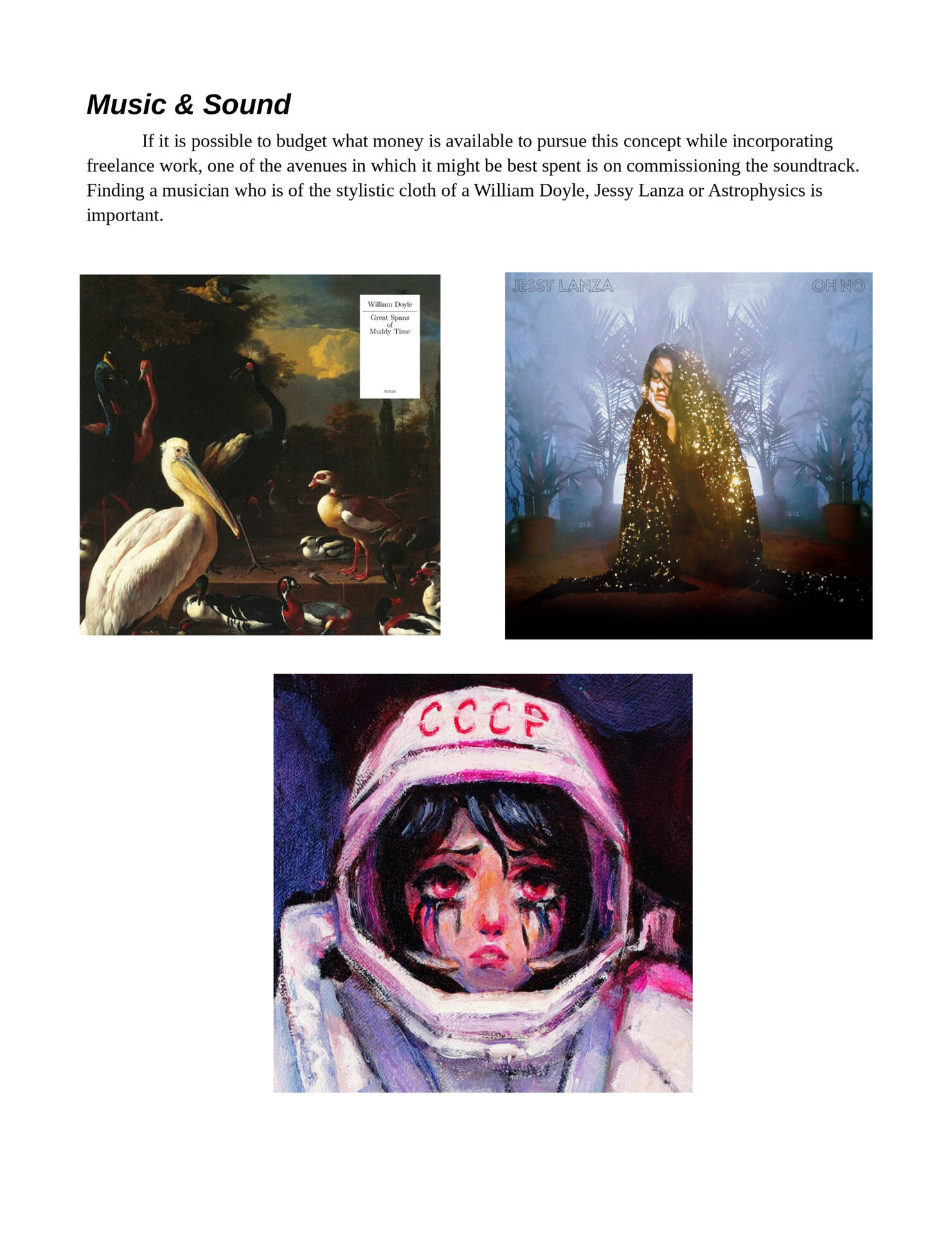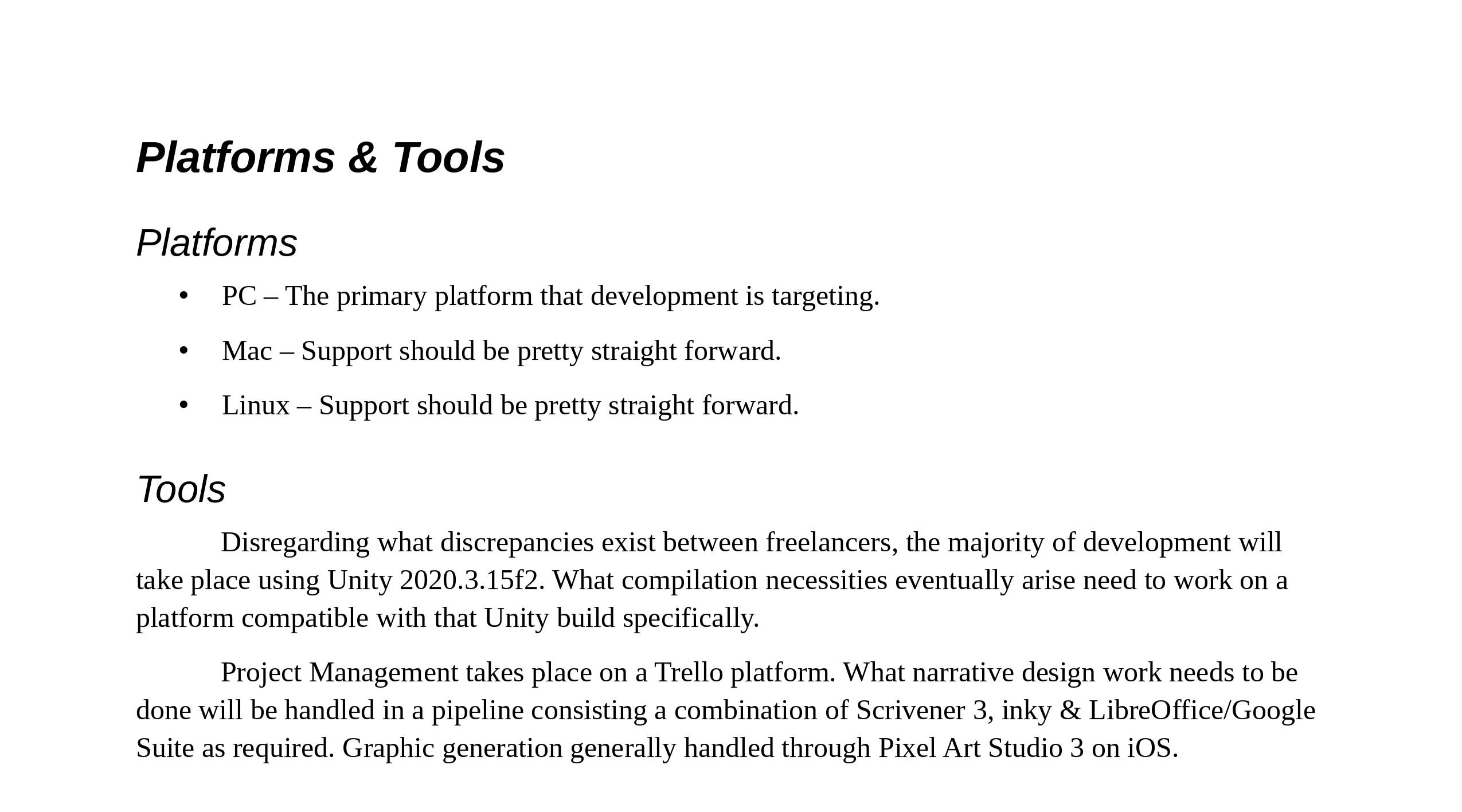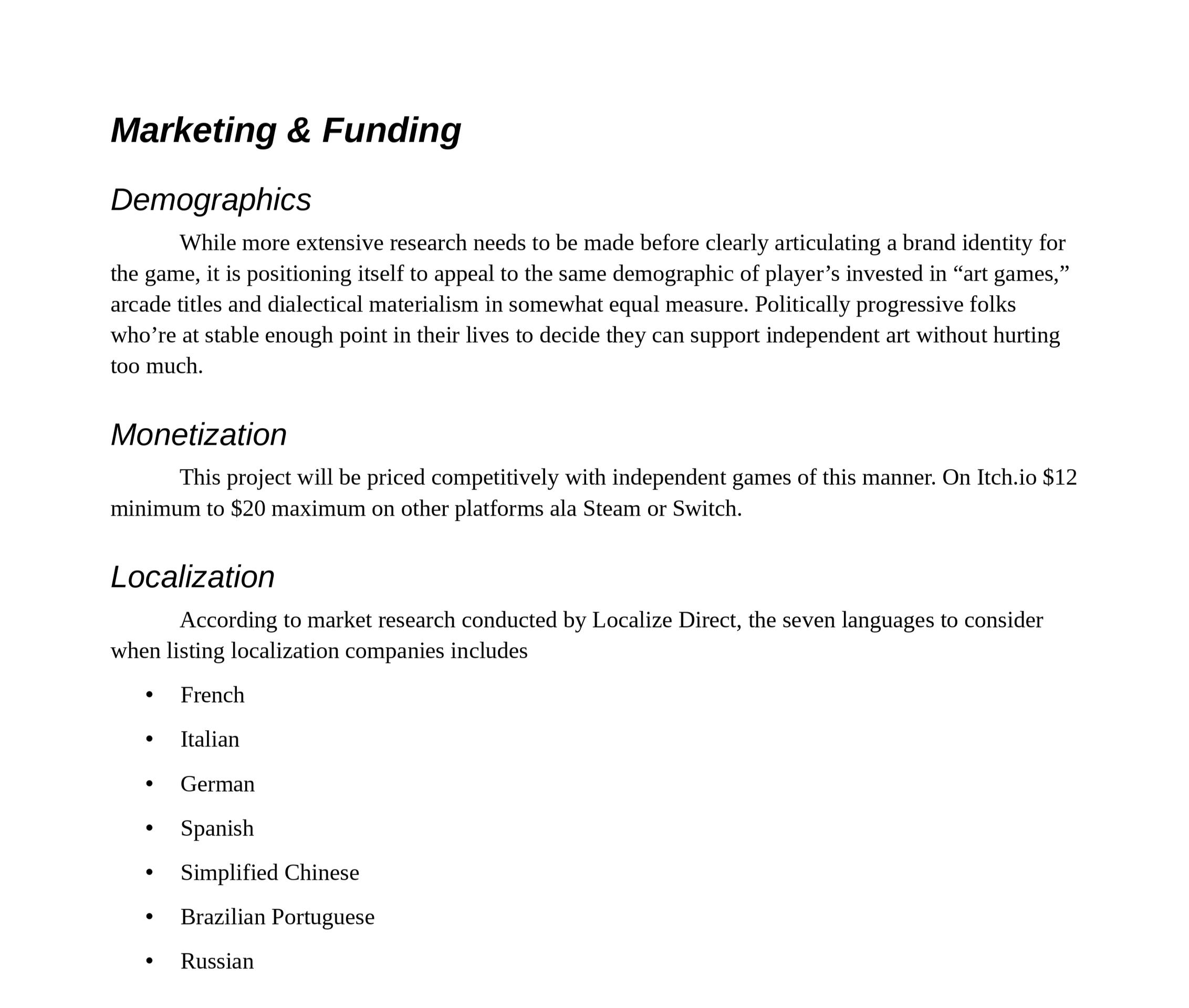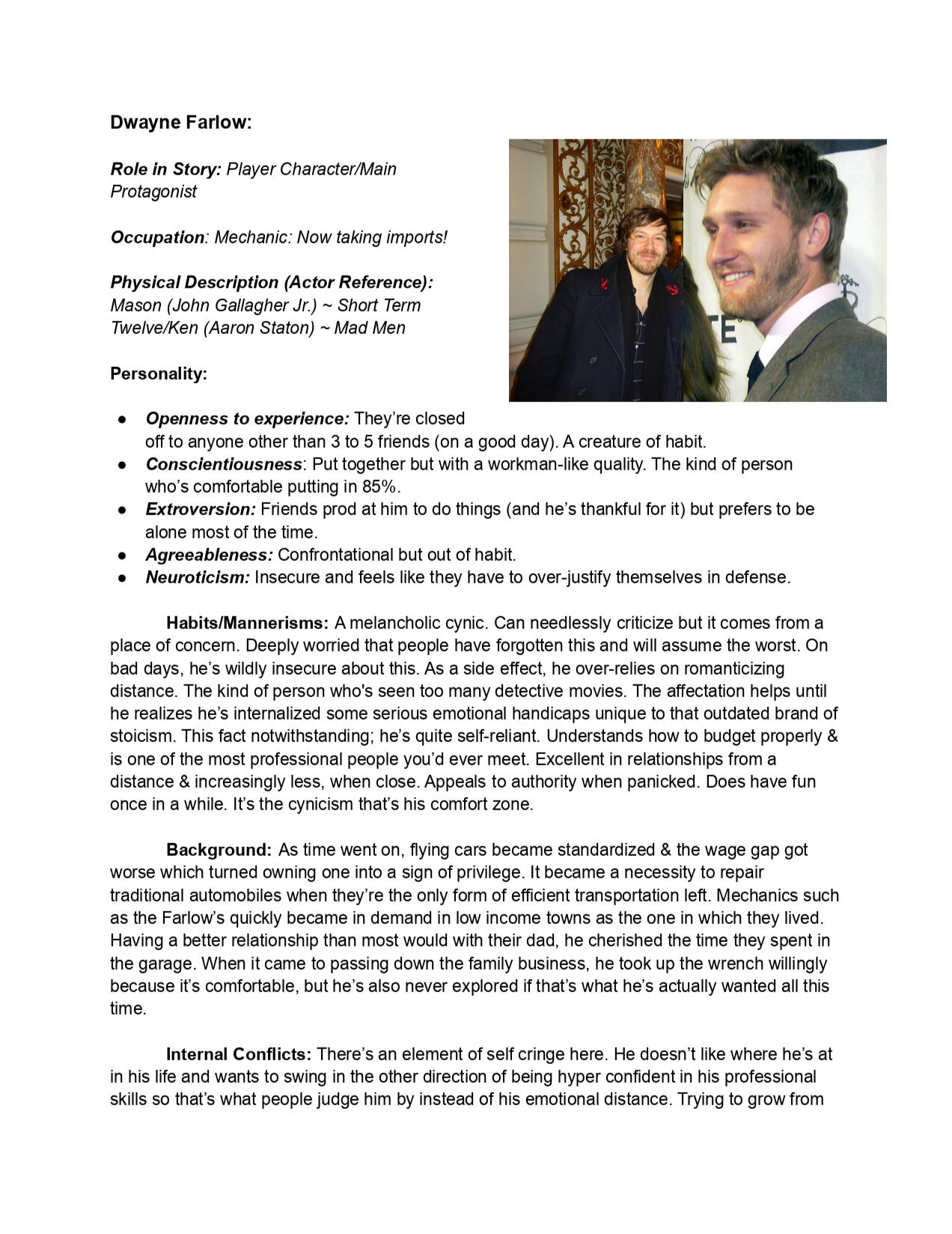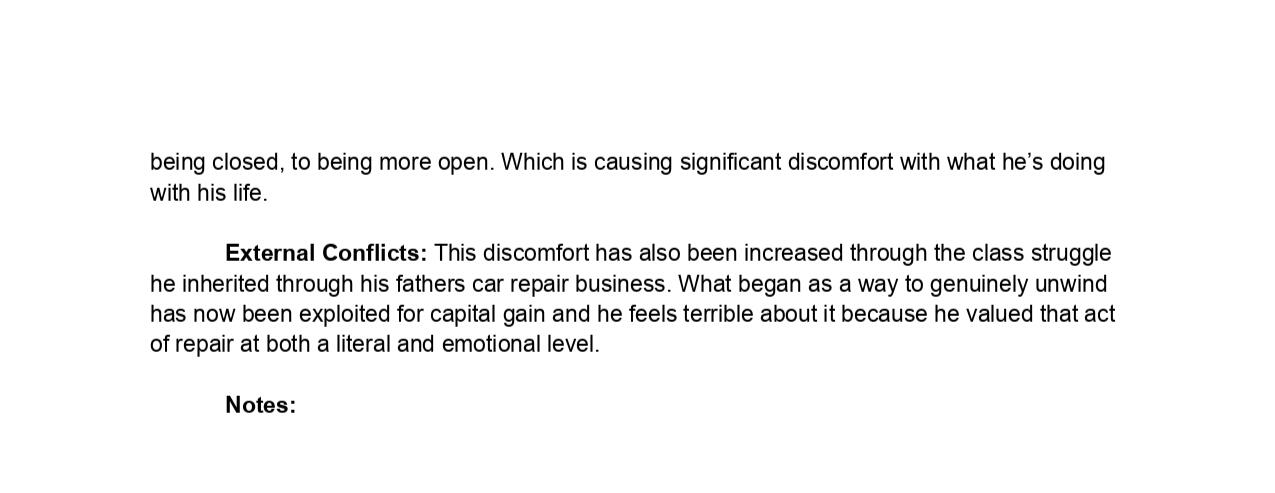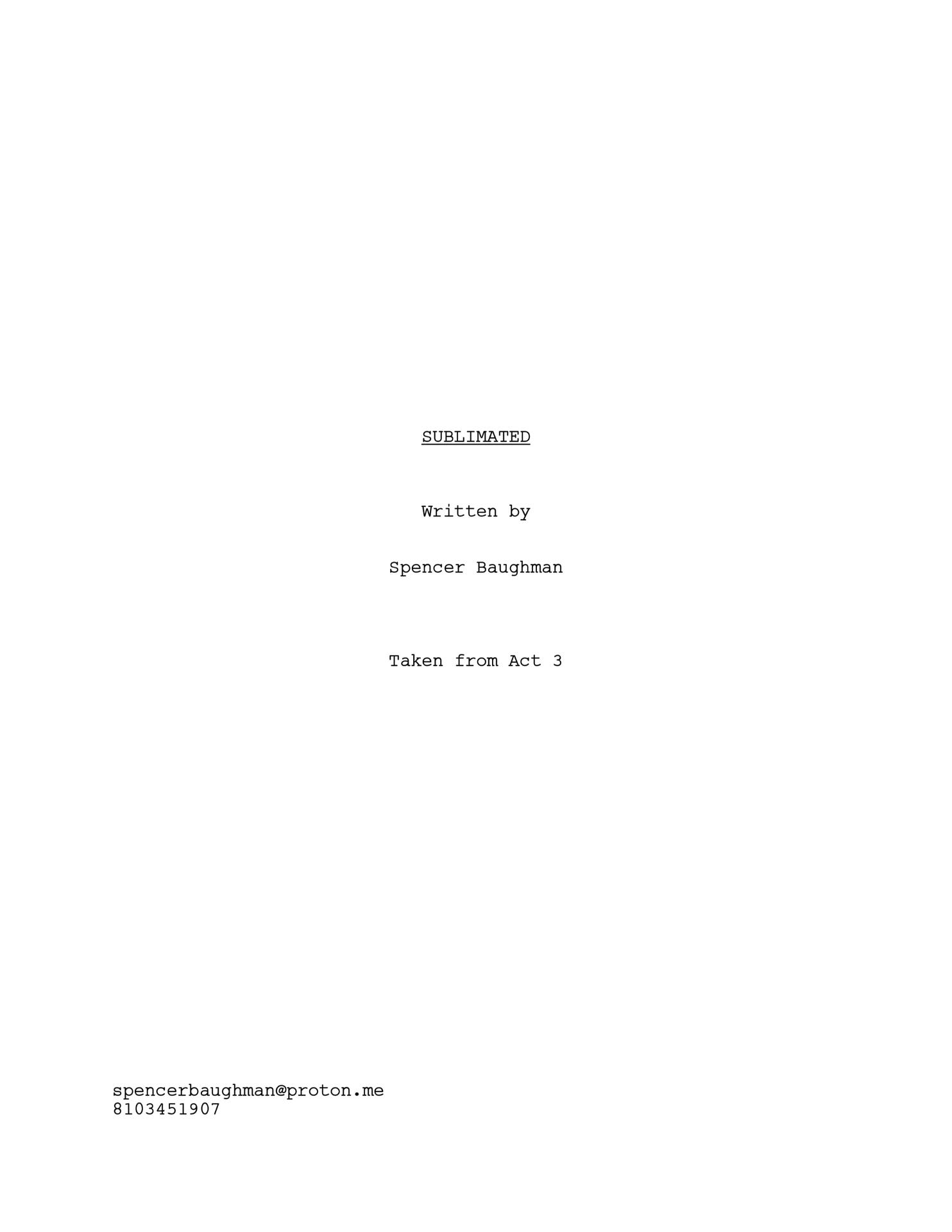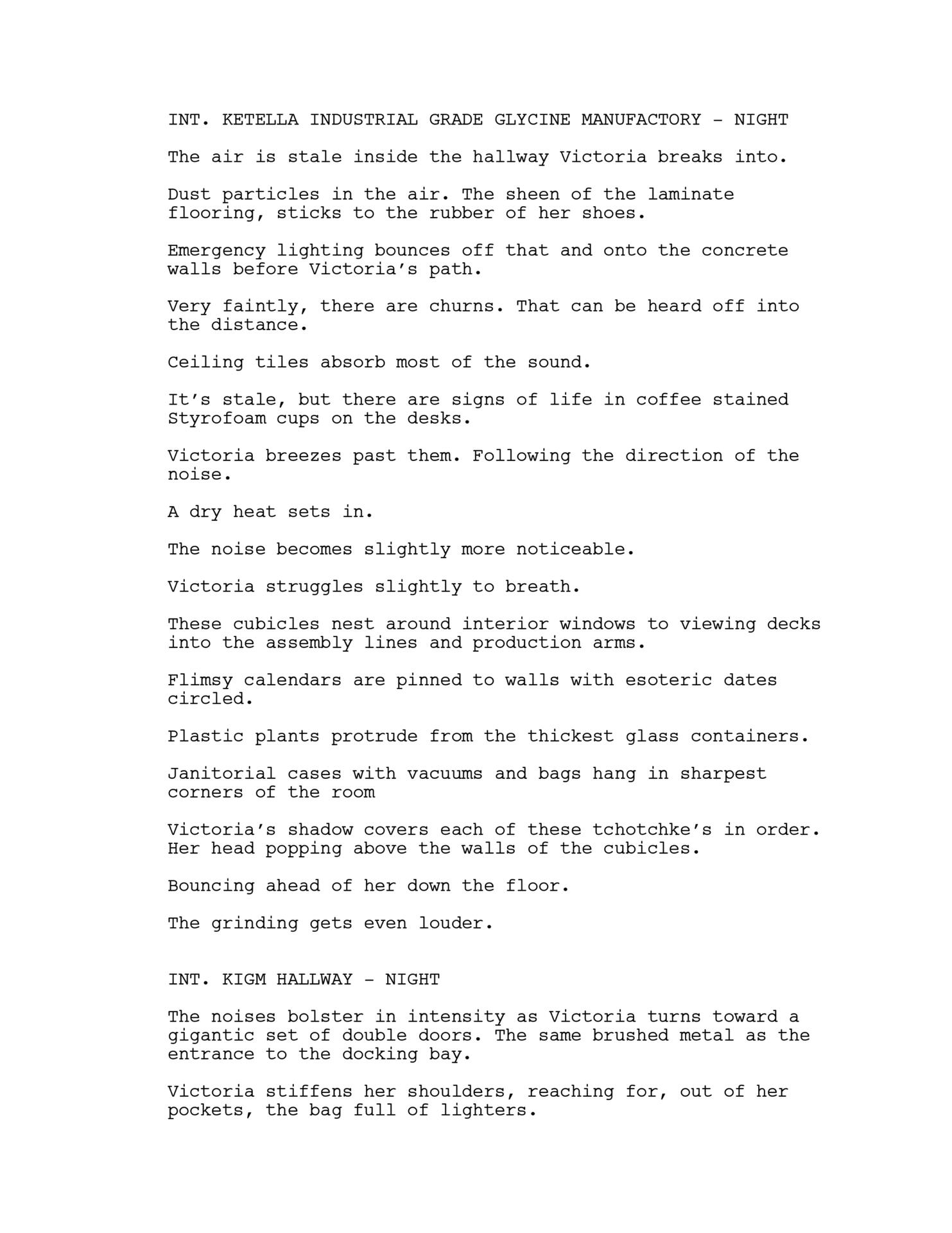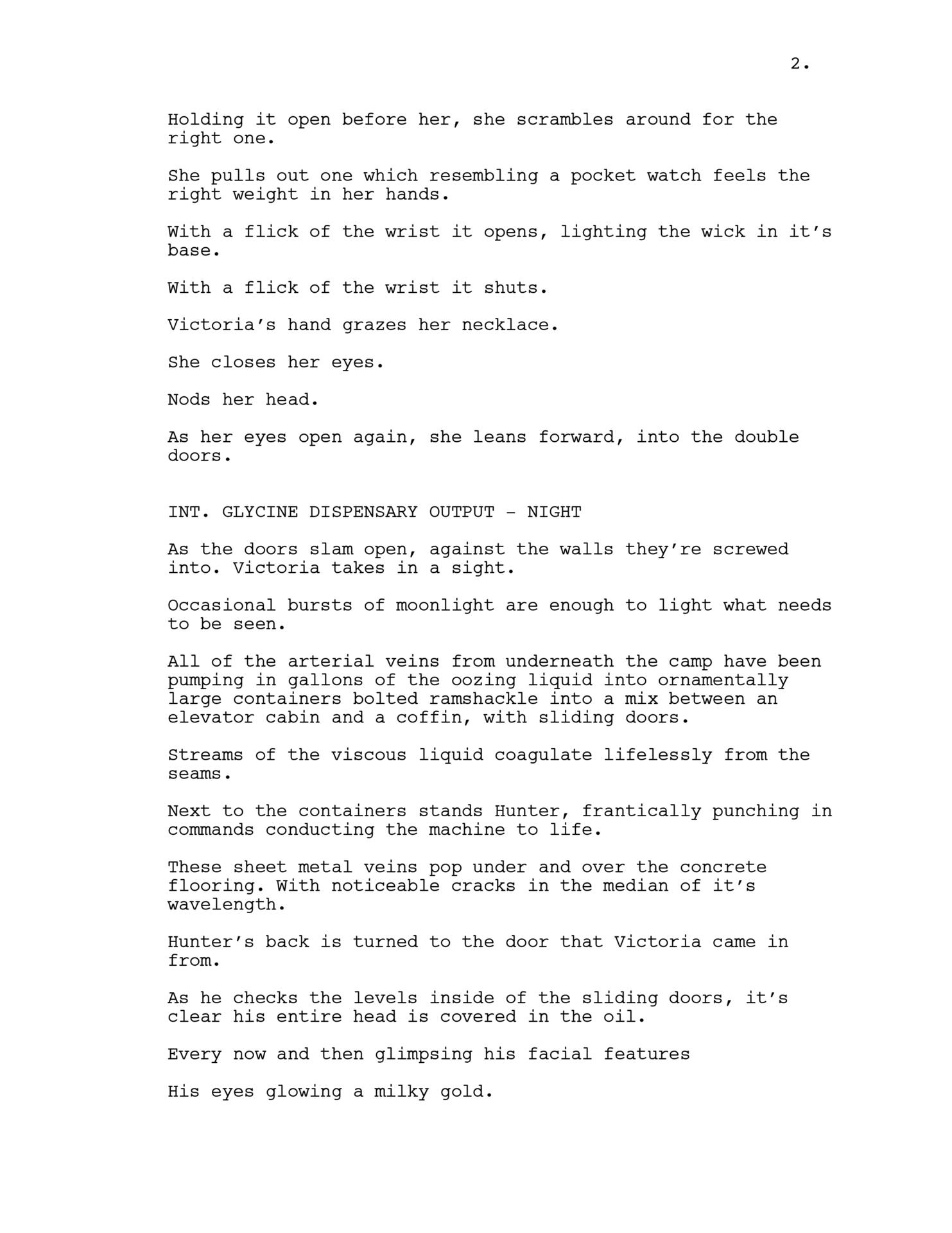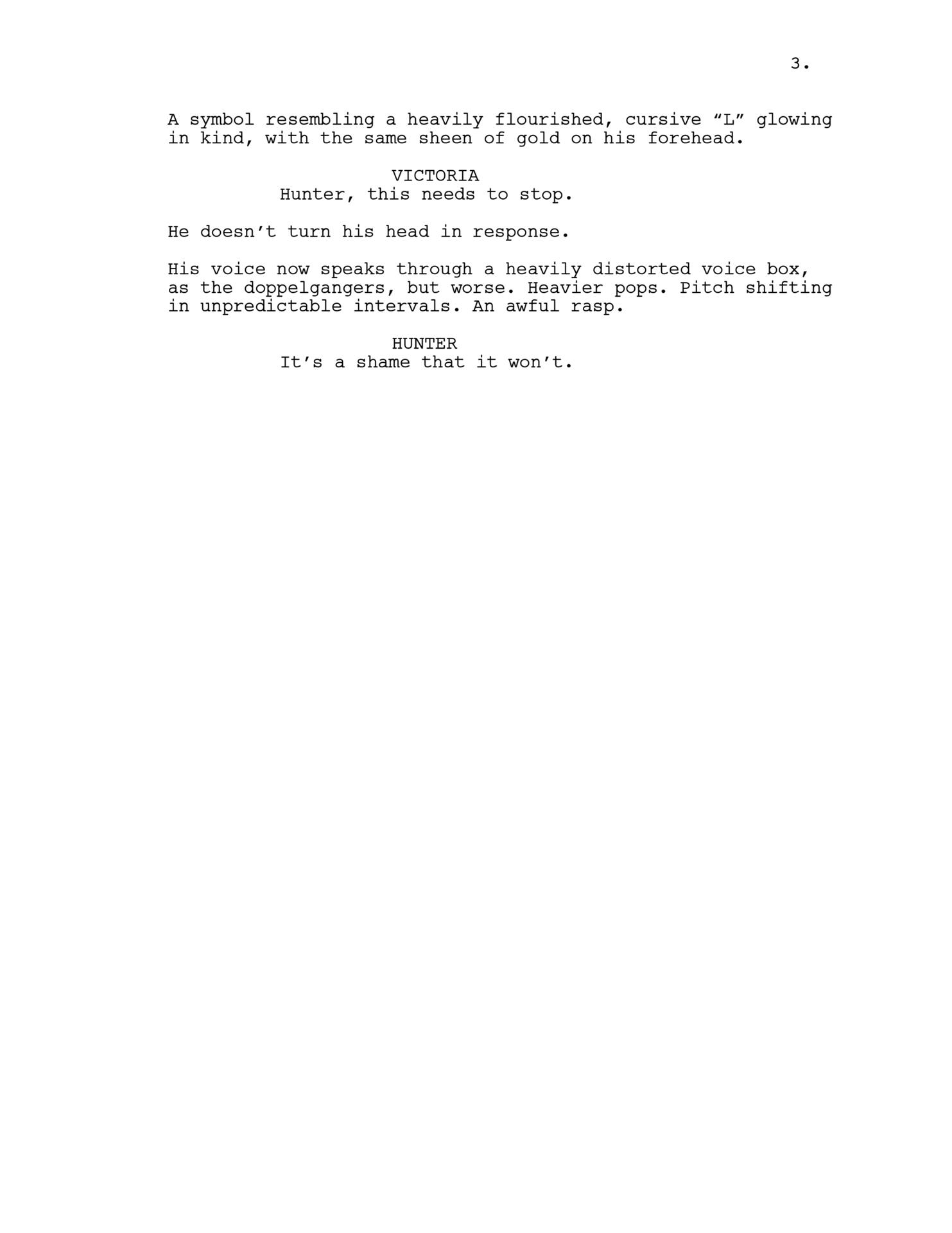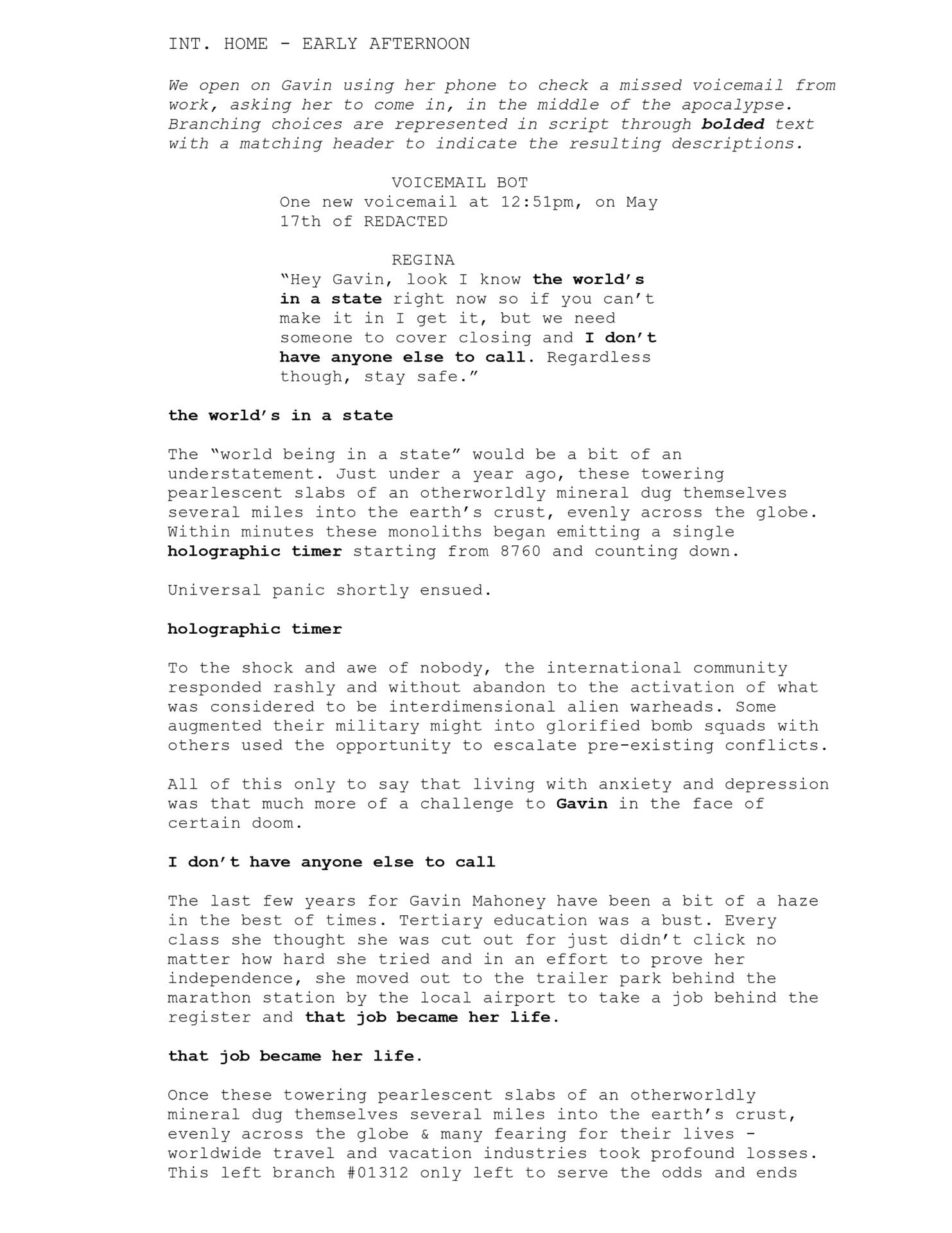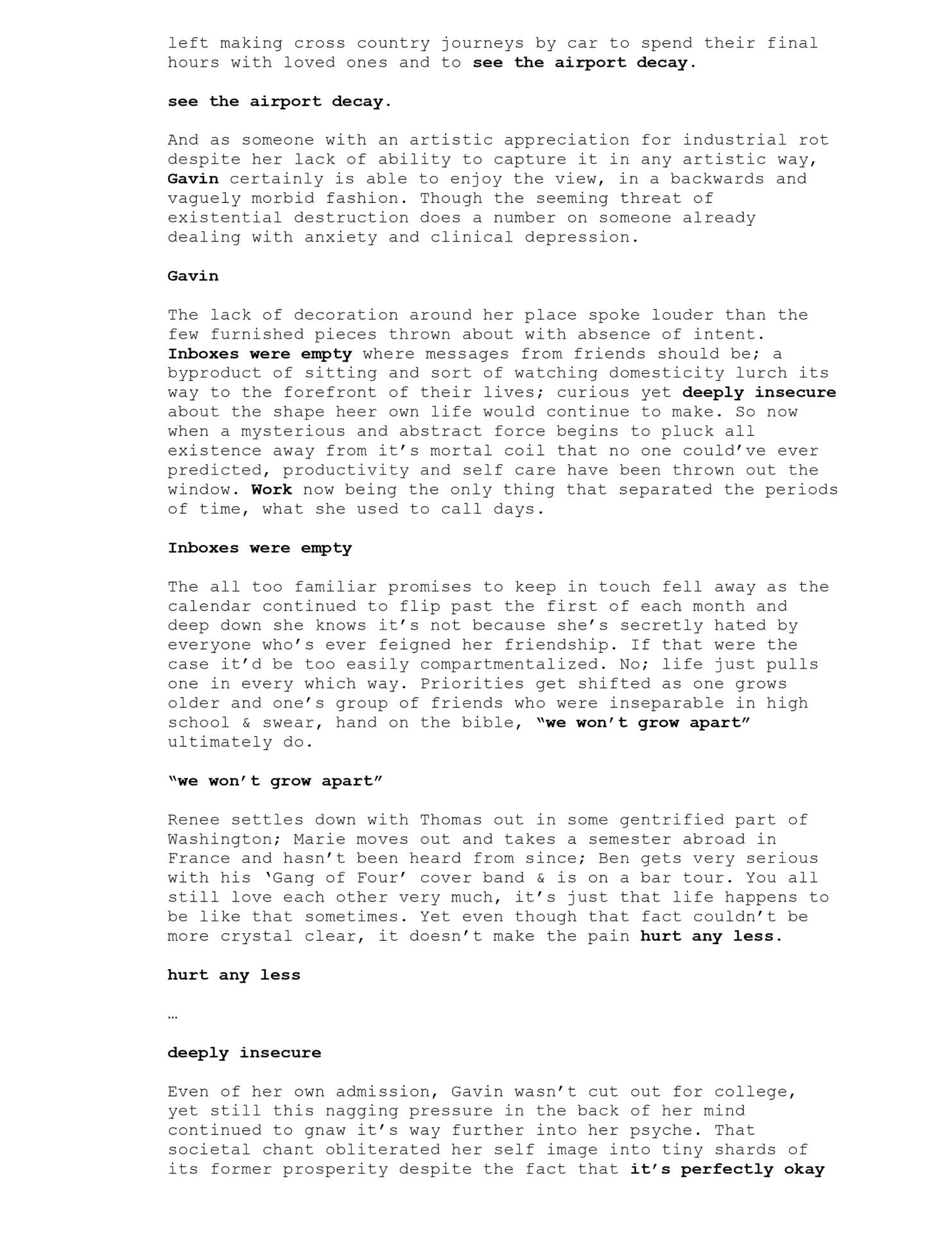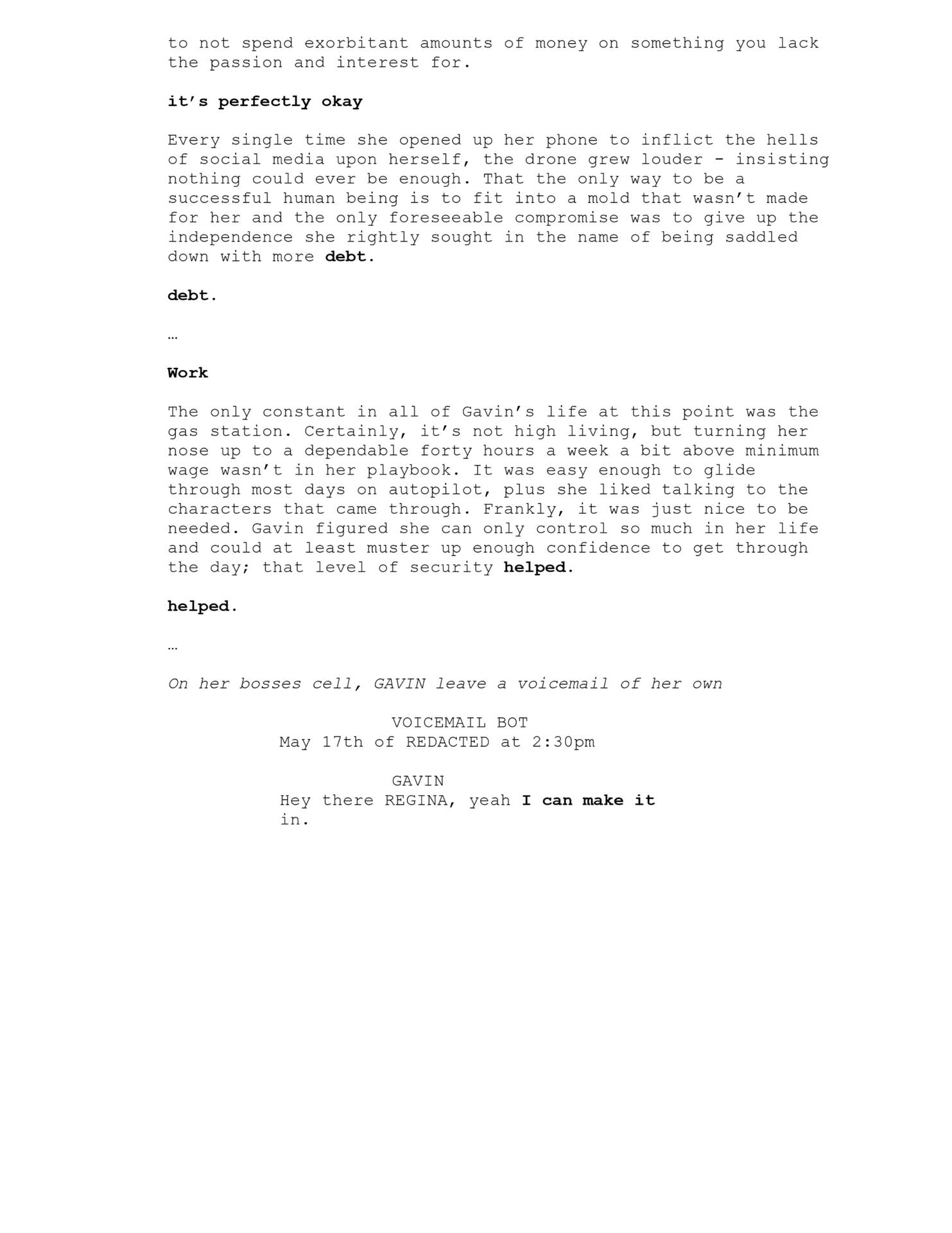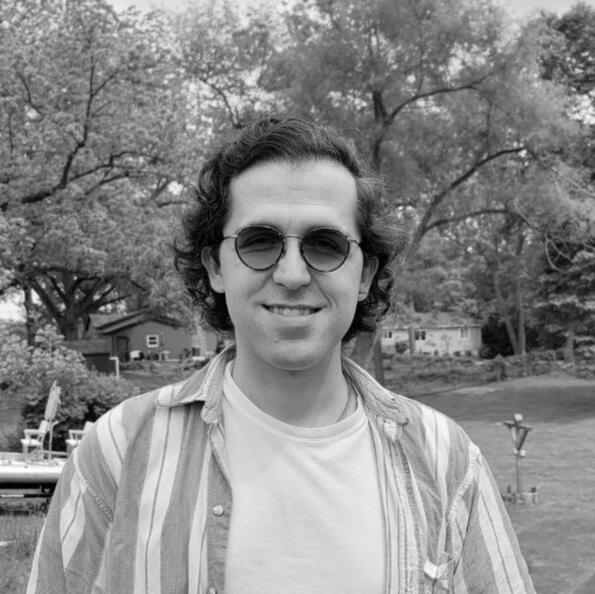
Spencer Baughman
Hello! I am a Writer & Narrative Designer and recent graduate with my MFA in Screenwriting from Southern New Hampshire University. My work consists of seven published titles, a short film and a feature length screenplay that explore struggles with mental health.
Selected Works
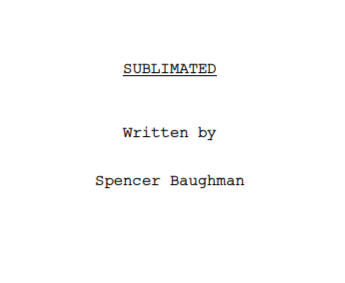
Sublimated
Responsible for: Conceptualization, drafting & revision, marketing. Team of one. 80 page screenplay. 20 weeks. Written in Final Draft 12.
Writing Samples
Game Design document
The game design document for an inactive project. 14 pages.
Character sketch
The outline for a player character in an inactive project. 2 pages.
prose
A sample of prose taken from a dramatic screenplay about the failure of two old friends failing to reconnect. 4 pages.
branching narrative
A sample of script taken from a released project about the end of the world. 3 pages.
game design document sample
character sketch sample
prose sample
branching narrative sample
Resume
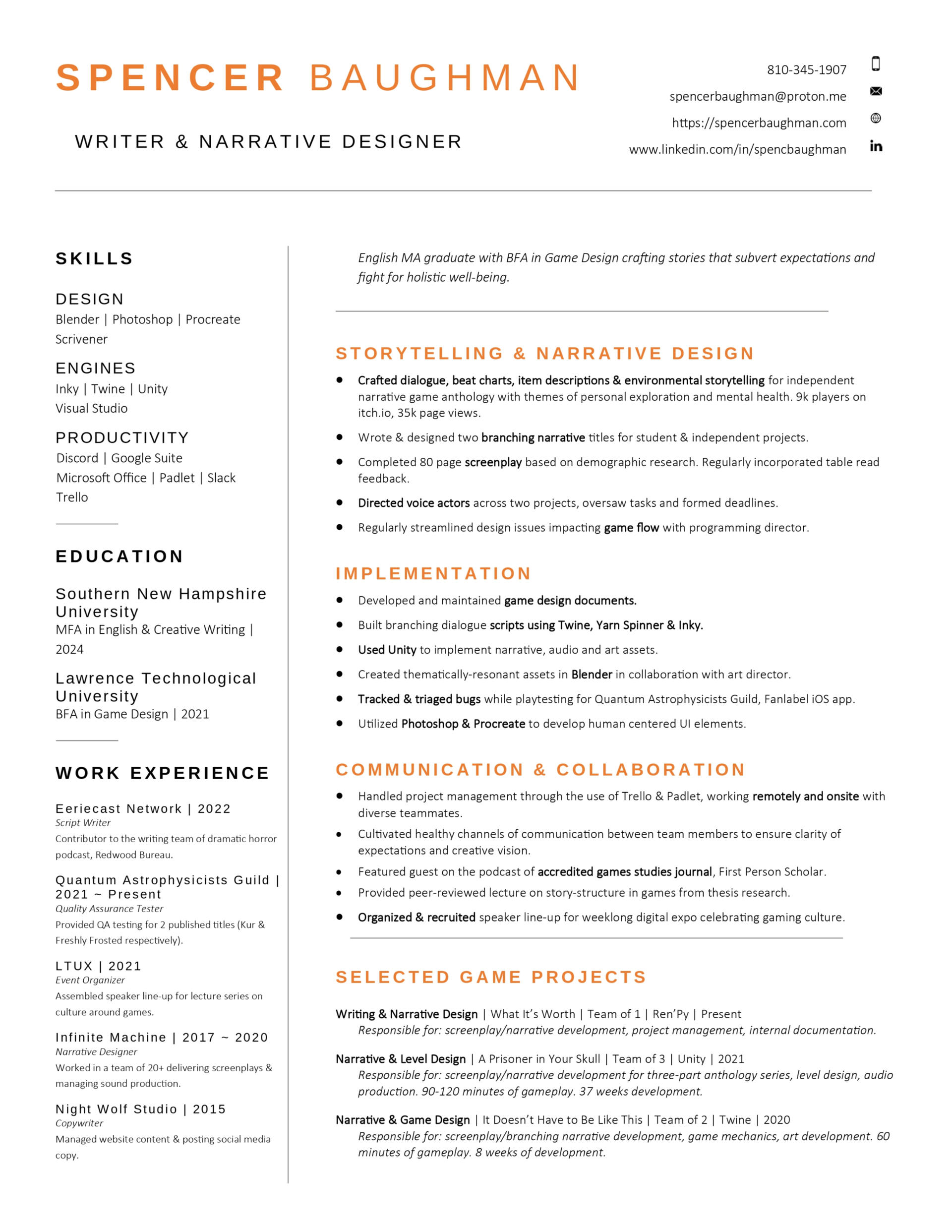
A Prisoner in your skull
Responsible For (Across Three Titles)
- Scaffholding narrative profulence & character profiling
- Writing the screenplay
- User Interface design
- Music production
- Level design
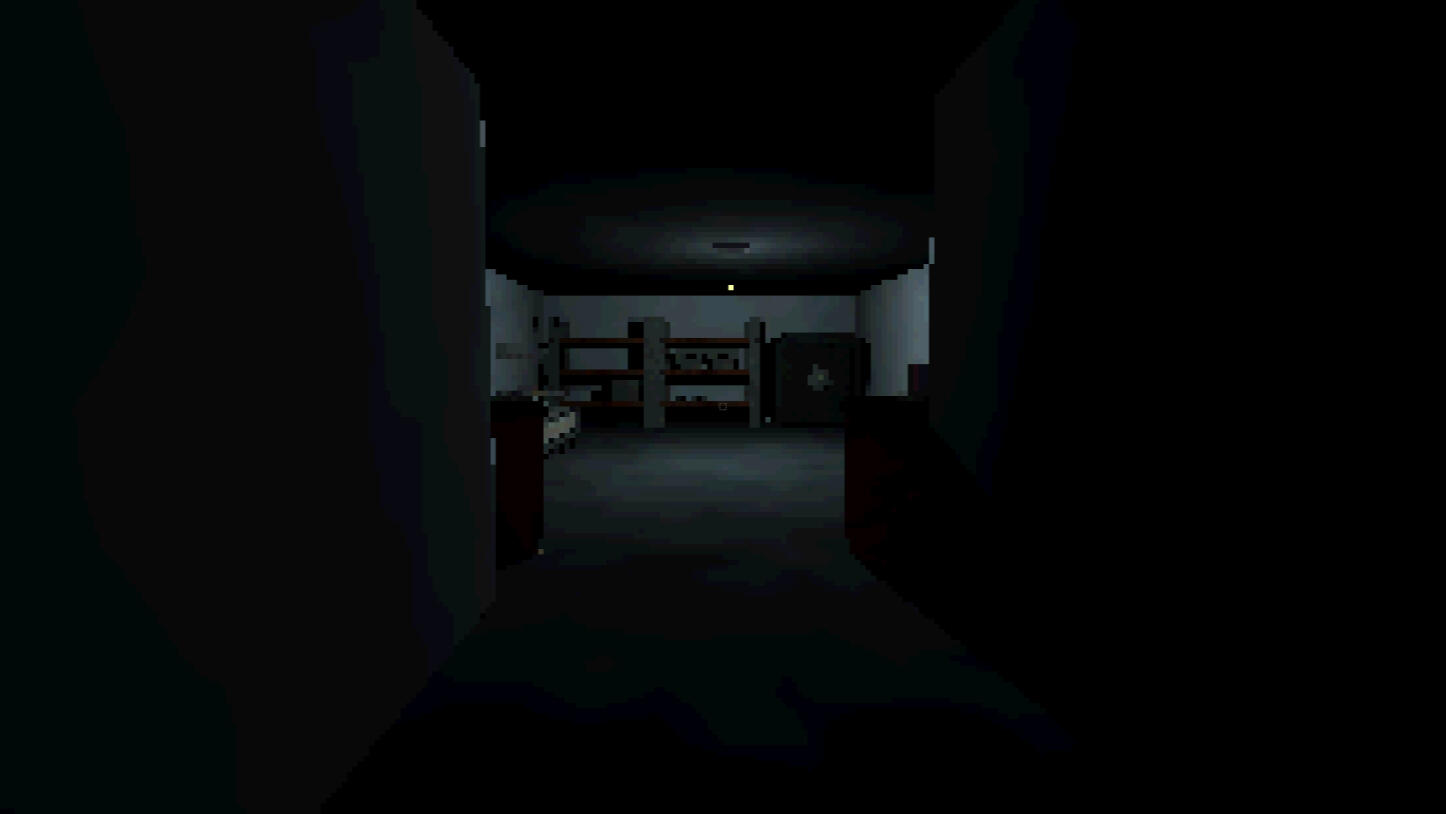
Conceit:
A Prisoner in Your Skull was originally designed to be a three-part anthology series built up over the course of my final year at Lawrence Tech as the body of work for my undergraduate thesis. I was approached by two of my fellow colleagues; one of whom specialized in programming and the other in modelling. While expectations for our deliverables fluctuated over the course of the year, we were able to achieve our original goal of releasing three individual high production value titles. Two of which met our requirements of being short form walking sims, while the final entry was a networked multiplayer experience meant to showcase the work of our entire class virtually, in lieu of a physical thesis show as this was in the early days of the Coronavirus pandemic. While the genre of horror ties our first two titles together: the first game, Led A Long Way Down, is a commentary on the danger of conspiracy theories while the second, Ceremony, is a surrealist “night-in-the-life” of a pacific northwestern bartender.
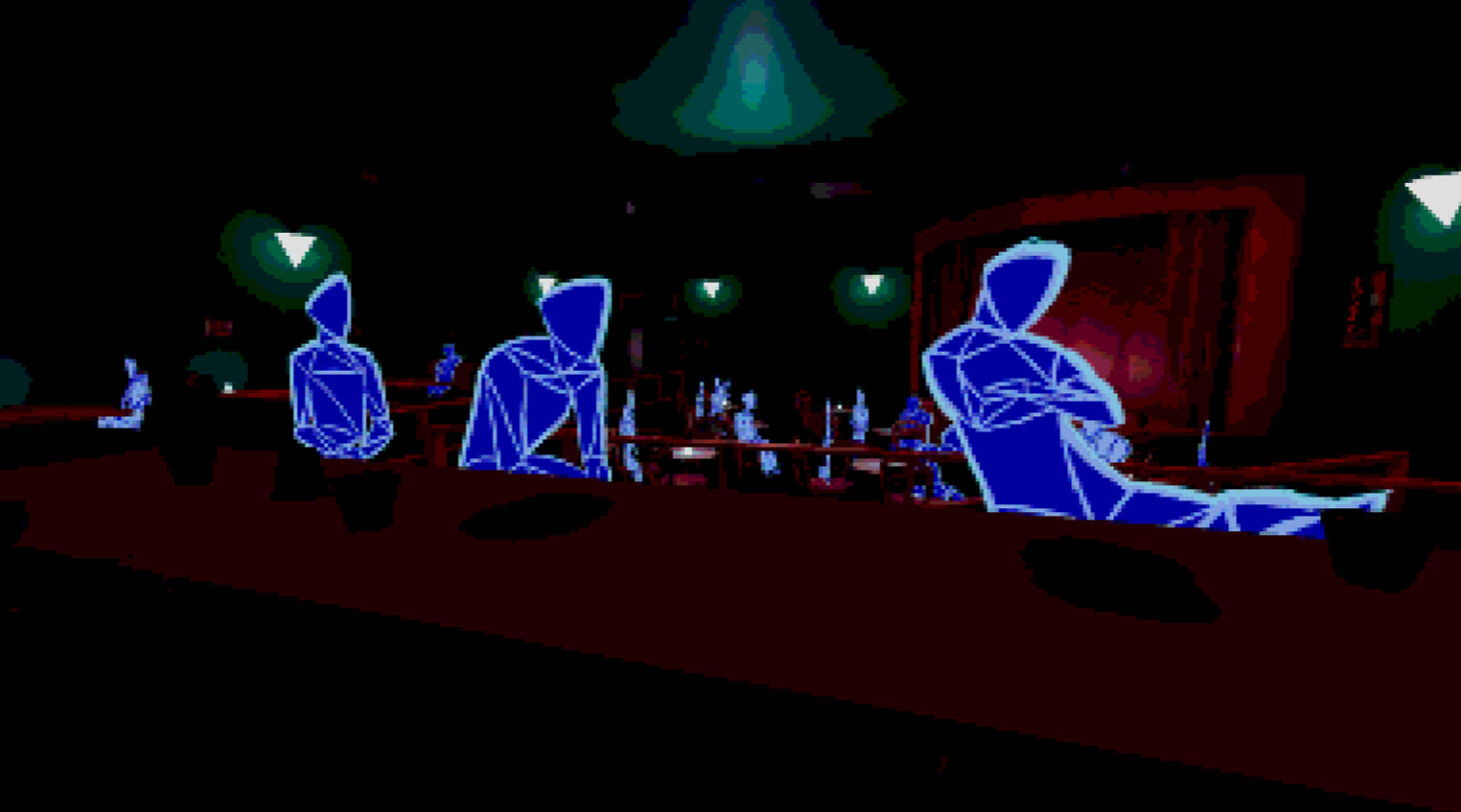
Contributions:
Over the course of a year in development, I was responsible for the narrative design, sound composition, UI production, & the direction of the voice actors who were involved in bringing these characters to life. I was also involved heavily in the level design & asset implementation of the showcase project with the explicit intent of being accessible for family & friends with varying levels of technical literacy, which we closed out the academic year producing. Working within those constraints allowed me to become intimately familiar with the importance of generating work that met a certain aesthetic standard while being on tight (approximately) two-month long deadlines.
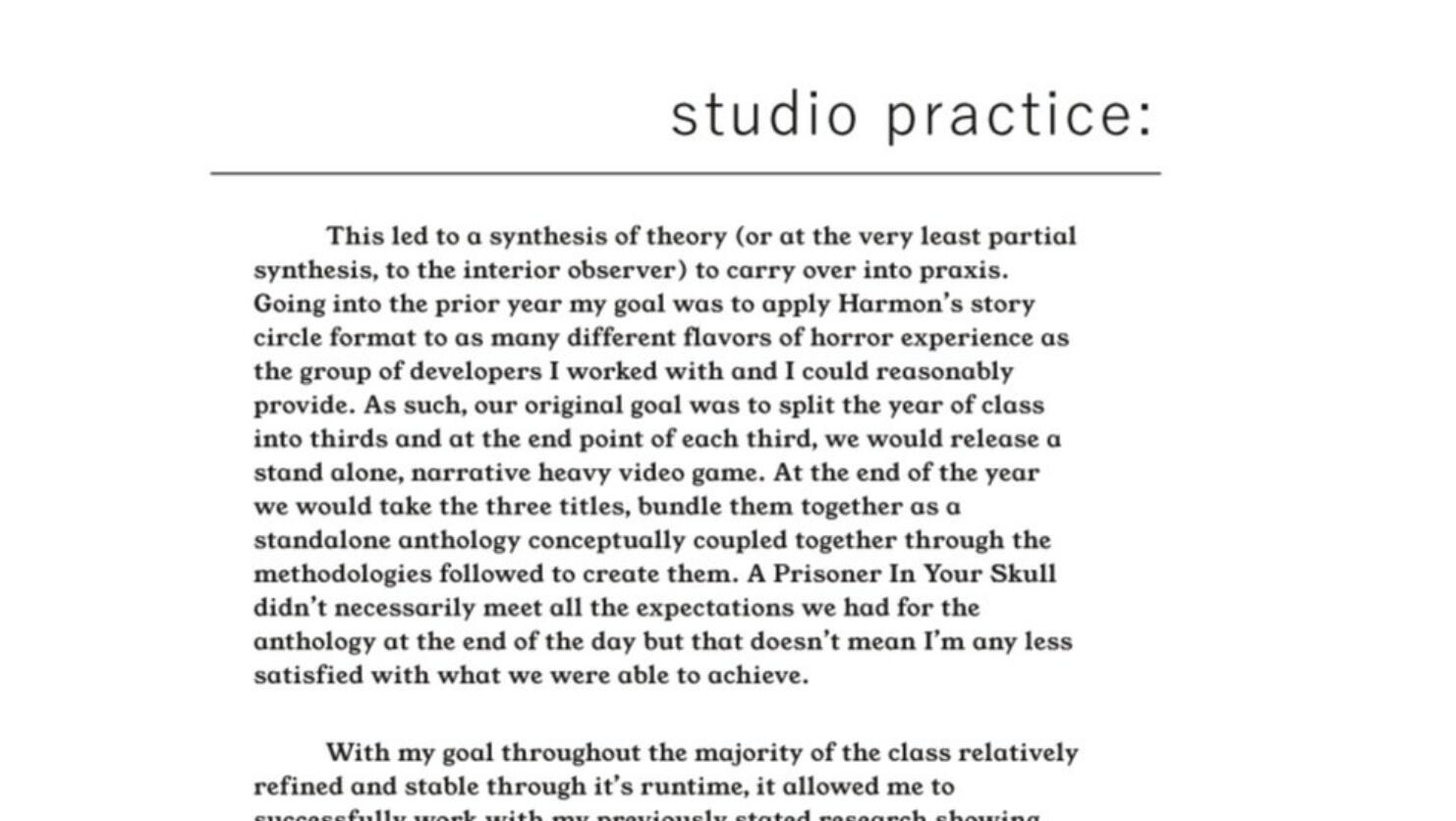
What I Learned:
Without question, the single most important lesson I was able to take away from this year long project was the importance of maintaining healthy, productive communication with your team. That is the baseline from which all successful projects steam from and so long as any agreed upon, necessary changes in scope and documentation are reflected in the relevant project management systems of your workflow, that quality of creative intent will remain at a somewhat consistent equilibrium regardless of the direction the team may be facing.
Sublimated
Responsible For
- Conceptualization
- Drafting three acts
- Incorporating regular table read feedback
- Characterization
- Worldbuilding documentation
- Stylization
- Editing
- Marketing

Conceit:
Sublimated, as a project, began at the end of my undergraduate degree and was originally meant to be included in the A Prisoner In Your Skull thesis bundle as the third narrative title, but was replaced by the networked online multiplayer showcase and began to take on a life of it's own as I entered my graduate program. I percolated on world building documents and character sketches intermittently over the course of two to three years until my final twenty weeks of the Master's degree where I devoted my capstone project to turning Sublimated into an eighty page feature. Thematically, it's a slasher movie about our capacity for processing grief and the limitations of the protestant work ethic. It's logline is, "When a local summer camp comes under attack by mysterious oil covered creatures, a counselor and her coworkers must find the now missing owner of the camp before they bite the dust themselves."
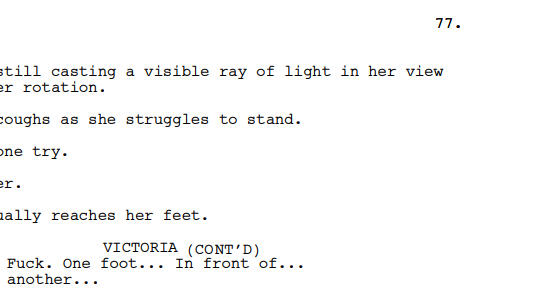
Contributions:
As my work has matured, so has my approach in developing the projects I work on. Not only have my priorities remained on ensuring enough development has been done regarding prewriting and building a coherent theoretical structure for the story to grow along -- but my attention has also grown to include conducting market research on genre audiences and querying publishing houses interested in releasing the kinds of projects I'm producing. In a word, I've grown to appreciate taking a more holistic approach to my creative work that doesn't just include production itself but also the marketing of that product to monied interests as well.
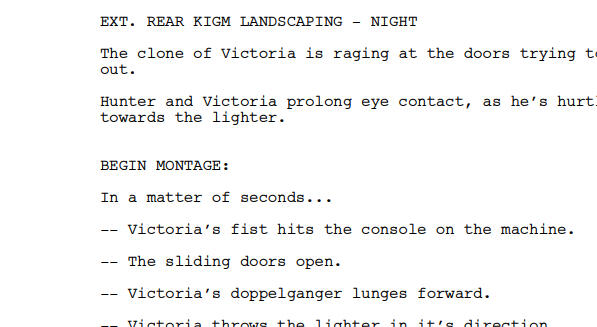
What I Learned:
Perhaps the most important thing that I've learned over the course of this project, is the value behind being able to effectively transcribe seemingly esoteric concepts and specialized vocabulary utilizing a register that is as understandable as possible to people who occupy positions of power. Initially, this was to serve the function of instrumentalizing my own creative vision along what access I had to market capital. Though I was much better able to appreciate this perspective when I took a step back to zoom out and recognize just how many different areas of society depend on people to provide this skill, whether it's in creative fields, business, or in ensuring emergent technology like artificial intelligence functions in as symbiotically a way as possible with the ethics and philosophies we've organized our cultures around.
Made For TV: Episode 2 - "It Doesn't Have To Be Like This"
Responsible For
- Scaffholding narrative profulence & character profiling
- Writing the screenplay
- Typographic design
- Branching design
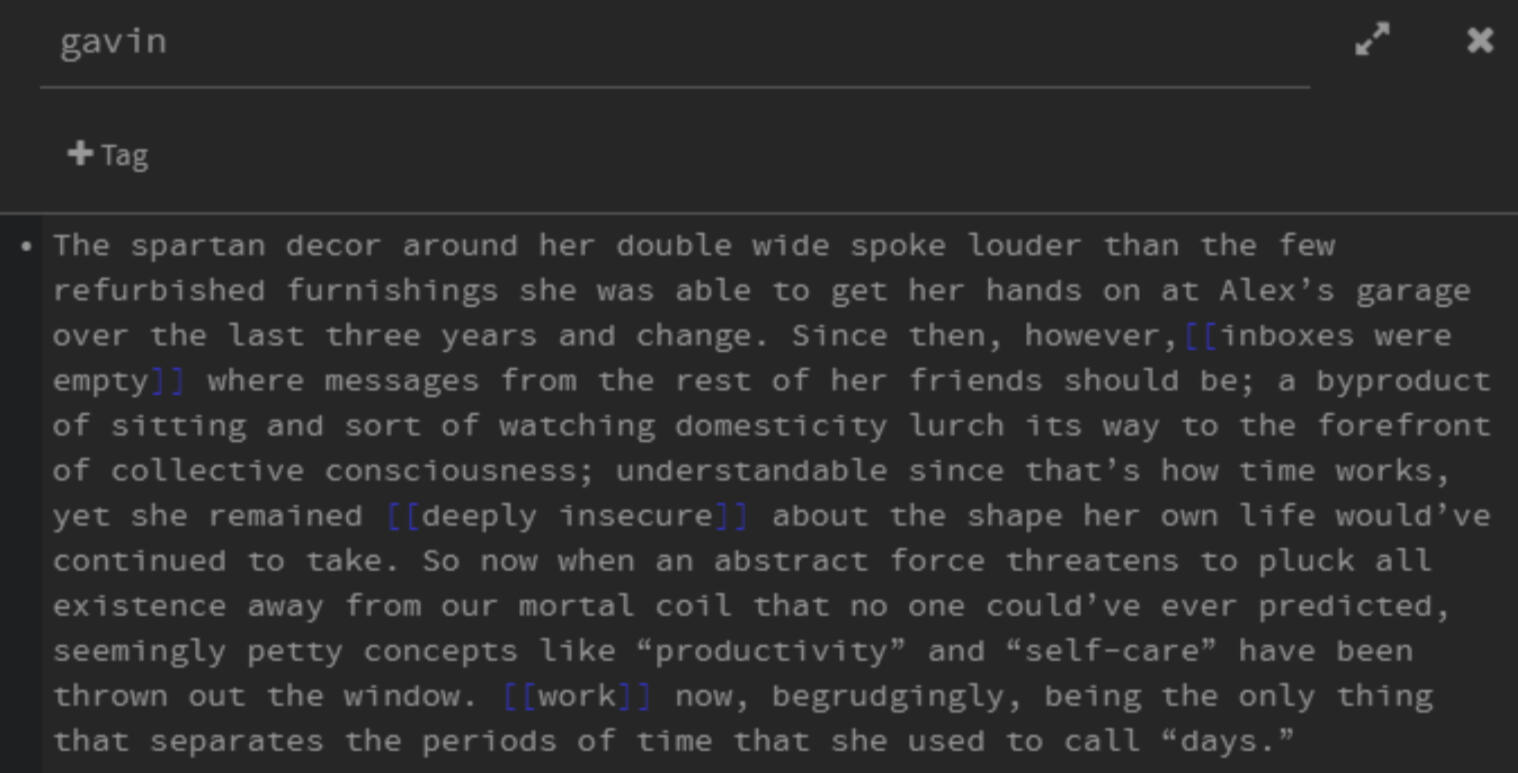
Conceit:
It Doesn’t Have to be Like This was the product of an eight week long jam meant to highlight games made in Michigan and sold in a curated seasonal bundle organized by renown local developers who work under the name of Locally Sourced. I was approached earlier that Spring with the opportunity to comission a work for the upcoming Summer bundle and considering it was still early days of the Coronavirus pandemic, a large amount of this project can be viewed retroactively as my interpretation of the changes society was going through at the time. Regarding an elevator pitch, It Doesn’t Have to be Like This is the story of Gavin Mahoney, a gas station attendant who works a shift on the evening that it’s widely believed across society the world will end due to the sudden appearance of incomprehensible, extraterrestrial warheads.I enlisted the help of a colleague in the undergraduate program at the time for light editing and quality assurance work, but the bulk of conception, production, documentation, typography design, outlining, profiling & screenwriting was done by myself. At the time of writing this, it has 50+ players, 480+ page views and a 5 star rating on it’s itch.io page.

Contributions:
Sitting at a total of ninety two scenes and with three unique endings, a completionist playthrough of It Doesn’t Have to be Like This takes around an hour. A lot of my early work exist as various kinds of mood pieces that take a sincere look at how collectivism and autonomous self actualization can coexist and conceptualizing It Doesn’t Have to be Like This began no differently. The further I begun the outlining of the plot, the way certain characters behaved became defined & crafting the narrative profluence (the order of which scenes should be presented in their respective medium) became clear. To this day, it remains as one of my favorite projects I’ve worked on.
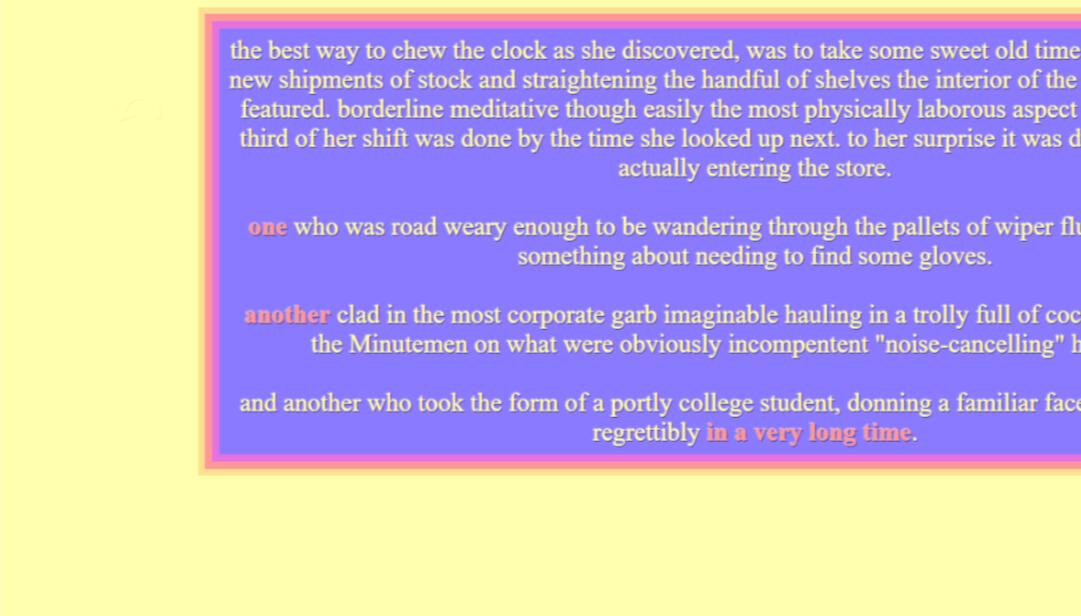
What I Learned:
Hands down, the most important lesson I learned while making this game is the importance of economic dialogue & prose. In order to keep a Twine game interesting - there needs to be a focus on clear and direct language which is something this game adresses through telegraphing branches in points of action that always reveals a new aspect of a character’s personality while doing something that moves the plot forward. This keeps the profluence smooth while always keeping the script dynamic.Another important lesson that I learned was one of project management. Operating from a base understanding of my writing style, I set up an internal management system that was a fusion of waterfall and scrum methodologies that resulted in giving me a clear roadmap of exactly what deliverable was expected of me and when. Ultimately it resulted in the creation of a product I’ve been proud to have worked on.
